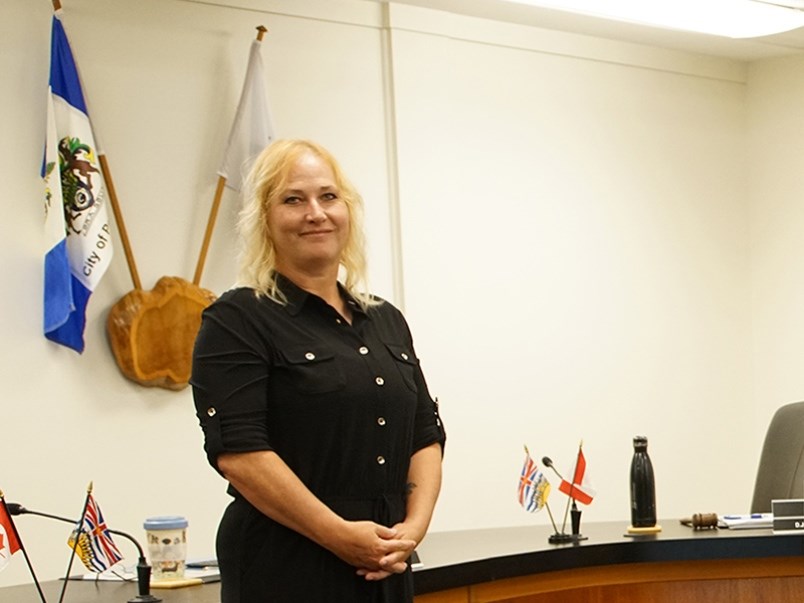Cancellation of the province’s climate action revenue incentive program (CARIP) will have ramifications in Powell River.
“I am very disappointed in the province’s decision to cancel the CARIP funding to local governments,” said city councillor CaroleAnn Leishman, who chairs the city’s climate change mitigation and adaptation committee. “It was one source of consistent funding that we could count on to use for climate action projects that we didn’t have to apply for as a grant.
“The City of Powell River put our CARIP funding into a separate climate action reserve fund dedicated to climate change mitigation and adaptation projects, and that is one of the main reasons we have been so successful with completing greenhouse gas (GHG) emission reduction projects, which have in turn saved the taxpayers large amounts of money by also lowering our corporate utility costs.”
Leishman said she has a lot of faith in provincial minister of municipal affairs Josie Osborne. Leishman said she has had the pleasure of working alongside Osborne when she was the mayor of Tofino on a couple of different committees dealing with climate change and lobbying the provincial government to make more aggressive moves to help communities reduce GHG emissions.
“So, I know she understands the importance of this funding to local governments,” said Leishman. “My hope is that with the end of this funding, the province has a replacement program in mind that they are still working out the details on that will actually be better for communities and will be even more effective in assisting us in reaching our climate resilience goals.
“I’m trying to stay optimistic. In the meantime, council has directed staff to come back to us with some recommendations about how we can put some of the annual utility cost savings that we are realizing from these climate action projects back into our climate action reserve fund to turn around and use the funds to do more beneficial projects that will create an ongoing stream of utility savings and continue to allow us to keep reducing our carbon emissions.”
Since 2010, the conditional CARIP grant program has paid back cities 100 per cent of the carbon tax levied at the local government level, offering a steady funding stream to take action on climate change.
As of 2018, the last time cities were required to report on their progress before the pandemic, 187 communities across BC were reporting progress on their climate goals; another 147 were reporting greenhouse gas emissions through CARIP, according to a May 11 letter Osborne sent to mayors and councils.
In a written statement, Osborne told Glacier Media the province will invest tens of millions of dollars to fight climate change at the municipal level. Osborne pointed to an $11 million investment included in the 2021 BC budget as evidence the government was committed to investing in energy-efficient communities. But a spokesperson for the ministry also confirmed the government has yet to develop a no-strings-attached replacement plan for CARIP.
Union of BC Municipalities and the Community Energy Association are already working on an emergency resolution in response.
~ With files from Tri-City News


.jpg;w=120;h=80;mode=crop)
